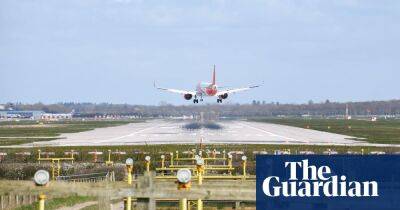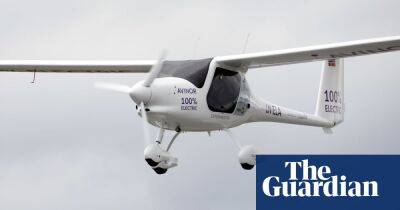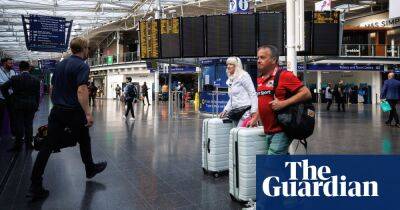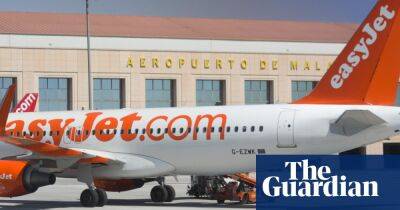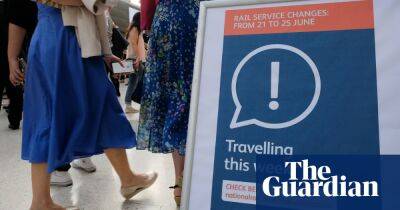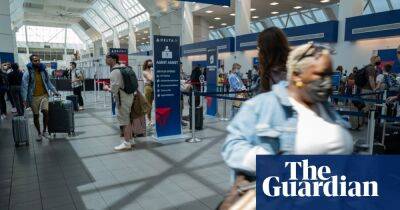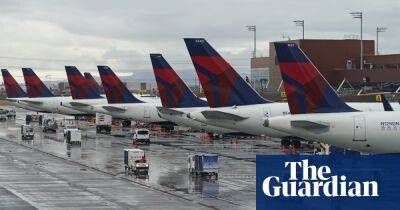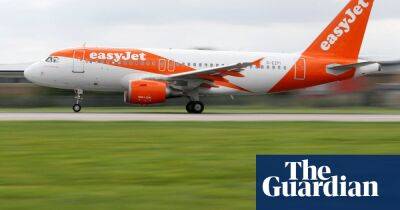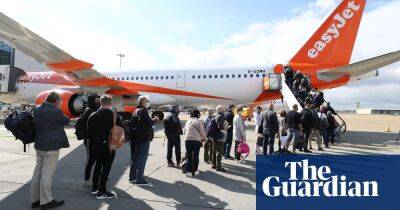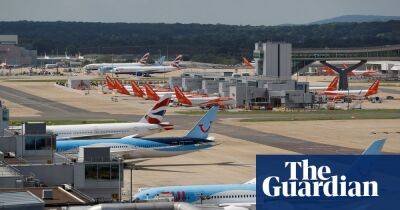Flight cancellations and delays: how to claim against an airline
Airline passengers are being left hundreds of pounds out of pocket after weeks of travel chaos. Some travellers whose flights were cancelled or diverted arranged their own alternative transport. Although airlines should step in to cover the costs, they are reportedly refusing to refund some of those who have had to make their own way home.
If a flight to or from a UK or EU airport is delayed, cancelled or diverted, you should make a claim for relevant expenses and, if applicable, compensation. The key piece of legislation is EU regulation 261, which, for now, continues to be valid in the UK after Brexit. Here’s how to go about it.
When a flight is cancelled, you have the right to be refunded or rerouted. The airline is required to get you to your destination as soon as possible, even if it involves you travelling with a different carrier. If the flight is cancelled within 14 days of the departure date, or if it is delayed by more than three hours, you are also entitled to a set amount of compensation starting at £220 a passenger, depending on how many days’ notice you were given and how far the destination. The exception is if the cancellation was down to an “extraordinary circumstance”. The definition of what is and isn’t extraordinary is vague, and airlines tend to use it as a catch-all to avoid payouts, but successive court rulings have shrunk the list to things such as abnormal weather conditions, manufacturing defects and industrial action by non-airline staff. Staff sickness or shortages don’t count. Once a delay exceeds two hours for short-haul flights or four for long-haul, the airline has to provide you with food and phone calls and, if you are delayed overnight, accommodation expenses. A potentially expensive
Read more on theguardian.com


